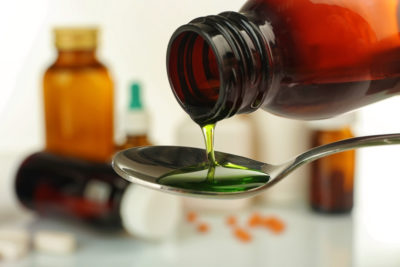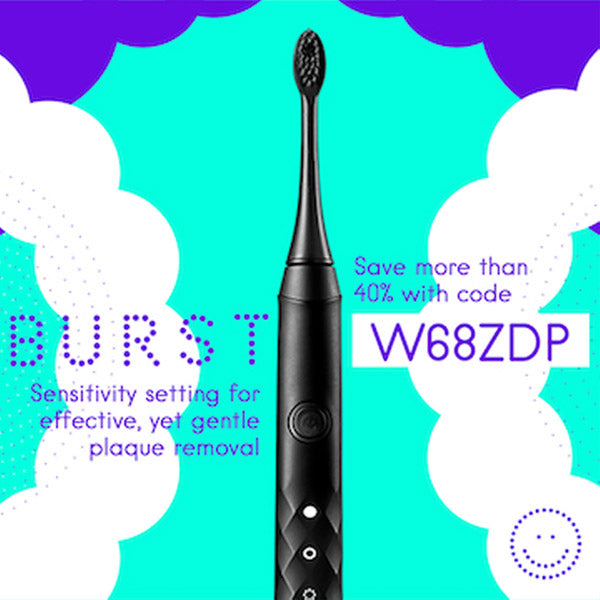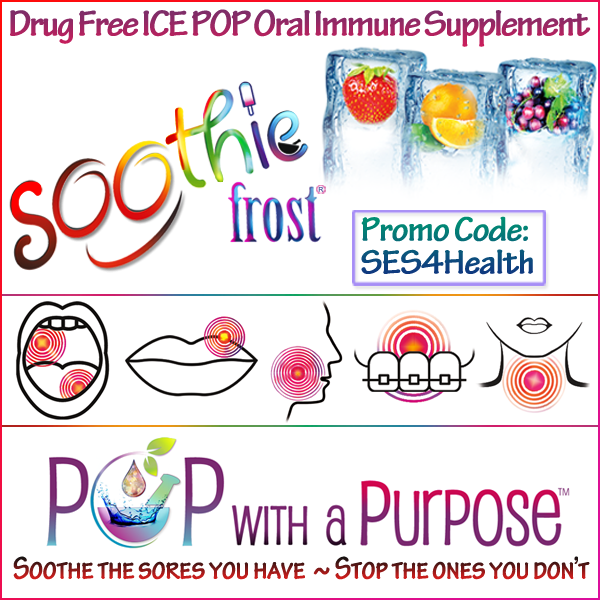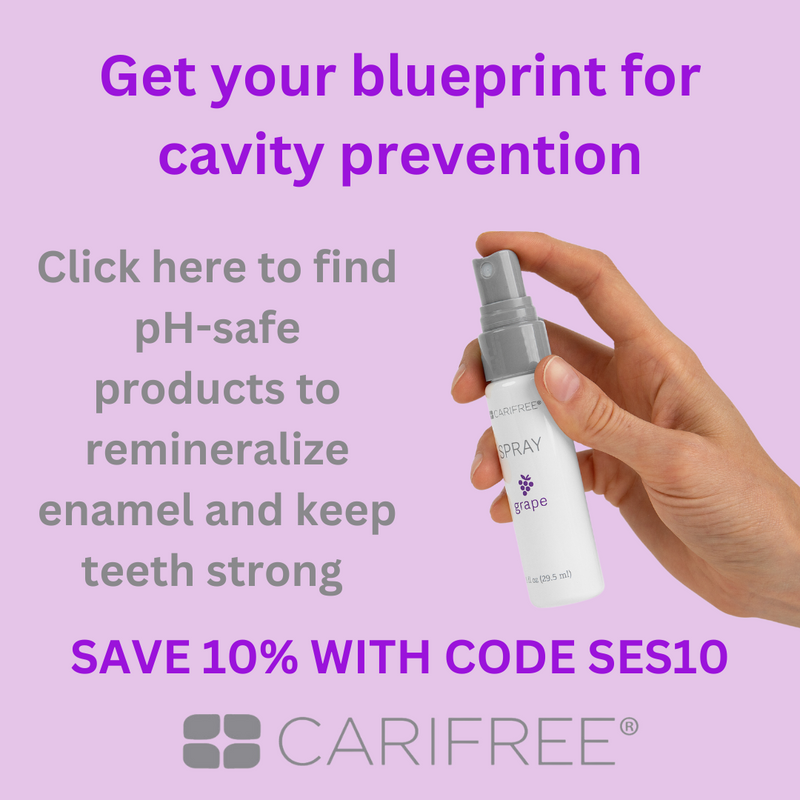Oral Health Concerns of Liquid Medications

Liquid formulations of medications are often prescribed for adults and children who are receiving treatment for cancer. Chemotherapy or radiation-induced mucositis and limitations with swallowing may make liquid formulations a superior, or necessary option over tablets or capsules.
Oral liquid suspensions of antibiotics, antifungals and analgesics may contain varying levels of sugar, mainly sucrose. Sugar is used to make medications more palatable, to act as a solvent, a demulcent, and/or a bulking agent. Bacteria in oral plaque biofilm consume sugar to produce an acid that damages tooth enamel. Frequent exposure through multiple dosages can create an acidic oral environment, resulting in dental caries.
Liquid medications may also contain acids that act as a buffering agent, control tonicity, and/or ensure physiological compatibility. Acids contribute to the breakdown of enamel in the form of caries and enamel erosion. This is especially of concern for those experiencing dry mouth, which many times, is also a listed side effect of the same medications.
Oral disease is a source for pain, decreased quality-of-life, financial toxicity, and sepsis. Individuals with compromised immune systems are more likely to suffer complications associated with oral disease. Healthcare providers should be aware of the risks that medications may pose to oral health. When prescribing, proper patient education in the form of oral hygiene instruction and coordination of care between medical and dental healthcare providers are necessary to prevent both short-term and long-term oral disease and infection.
Preventive measures include rinsing with water immediately after use to remove sugary or acidic residue from teeth and delayed tooth brushing for at least 30 minutes after exposure to allow the natural buffering agents of saliva to neutralize the acid attack. Over-the-counter and prescription products containing calcium, phosphate, and bicarbonate raise oral pH to a more acceptable level and aid in the remineralization process. Regular use of products that are 100% sweetened with xylitol reduces the number of cariogenic bacteria present in the mouth, prevents bacteria biofilm from sticking to teeth, stimulates saliva production and stabilizes oral pH. Prescription-strength fluorides, whether professionally applied 5% NaF varnish or at home application through brushing or custom trays, have antimicrobial properties and strengthen enamel. When possible, consider alternative medications that pose fewer risks for damage to oral health.
Sources:
Sugar content, cariogenicity, and dental concerns with commonly used medications.
Cariogenic Potential of Most Commonly Prescribed Liquid Oral Medicines for Children
Are Pediatric Antibiotic Formulations Potentials Risk Factors for Dental Caries and Dental Erosion?
American Academy of Nursing Choosing Wisely, Magic Mouthwash
Also see:
What’s So Magic About Magic Mouthwash?
Supersaturated Calcium Phosphate for Prevention and Treatment of Oral Mucositis




